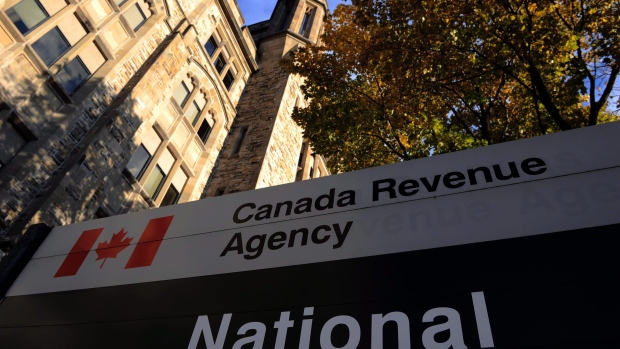May 9, 2016
CRA to investigate Canadian names in Panama Papers

The Canada Revenue Agency has launched investigations into 45 Canadian taxpayers named in the Panama Papers, and the number is set to grow as federal auditors pore over the newly acquired data.
National Revenue Minister Diane Lebouthillier said her agency has already started to identify targets for audits after getting the last of the documents from international allies on Thursday.
After facing attacks for weeks on the government’s slow response to tax avoidance and evasion, Ms. Lebouthillier offered a determined tone as her officials embark on a complex investigation into the murky world of shell companies.
“No one will get a free pass, and we will catch everyone,” she told reporters on Monday. “If there needs to be criminal prosecutions, there will be criminal prosecutions.”
Federal officials refused to state how they got access to the Panama Papers, stating the CRA “obtained tens of thousands of records from multiple sources and is working with treaty partners to analyze the data and to develop future compliance action.”
“What we’re seeing now is about 45 people who are the subject of an audit,” said Liberal MP François-Philippe Champagne, who is parliamentary secretary to the Minister of Finance. “But, as you know, this is an active file, so these numbers are obviously going to be changing over time.”
The International Consortium of Investigative Journalists obtained the Panama Papers from a German newspaper, sharing the results with select media organizations around the world. The leaked files came from the database of Panamanian law firm Mossack Fonseca.
The first release of information from the Panama Papers last month included information on 12 current and former world leaders, as well as 128 other politicians and public figures.
On Monday, the consortium published a searchable database of nearly 214,000 offshore entities in 21 jurisdictions, including information on hundreds of Canadian companies. The CRA is now hoping to extract information that could lead to the recovery of funds from Canadian taxpayers who have dealt with Mossack Fonseca, which specializes in the creation of shell companies in tax havens around the world.
Ms. Lebouthillier said that tracking the information is a priority for her government, as the opposition prods the Liberals to speed up the crackdown on tax avoidance and evasion.
In addition to facing questions about the Panama Papers, Ottawa has also come under fire for what is called the “KPMG offshore tax scheme,” in which the global accounting firm helped 27 wealthy individuals move money to the Isle of Man as a way to avoid Canadian taxes.
“I’m upset, and I’m hoping that Canadians will give their head a shake and say, ‘How come nothing has happened with the KPMG issues? How come we have, year after year, stories about individuals who are trying to avoid paying their fair share?’” NDP MP Murray Rankin said.
The March federal budget set aside $444.4-million to boost tax enforcement at the CRA. As The Globe and Mail reported, tax enforcement efforts announced in the 2013 budget raised $1.57-billion in new revenue in 2014-15, about $1-billion more than initial projections.
Since 2015, the CRA has collected data on international fund transfers, and has been actively identifying taxpayers, jurisdictions and intermediaries that are high-risk. As of January, the agency had collected information on all international fund transfers of more than $10,000, including those in Panama.
The Panama Papers have already had an impact around the world, with more revelations expected to come out over time. Sigmundur David Gunnlaugsson stepped down as prime minister of Iceland after he was named in the first batch of 28,000 documents.
Russian President Vladimir Putin was also included in the April document release for a suspected billion-dollar money-laundering ring involving his close associates. He quickly denied the allegation and blamed the United States for attempting to smear him and his friends.
Other leaders implicated in the leaked documents include Argentine President Mauricio Macri, Pakistani Prime Minister Nawaz Sharif and Ukrainian President Petro Poroshenko.
